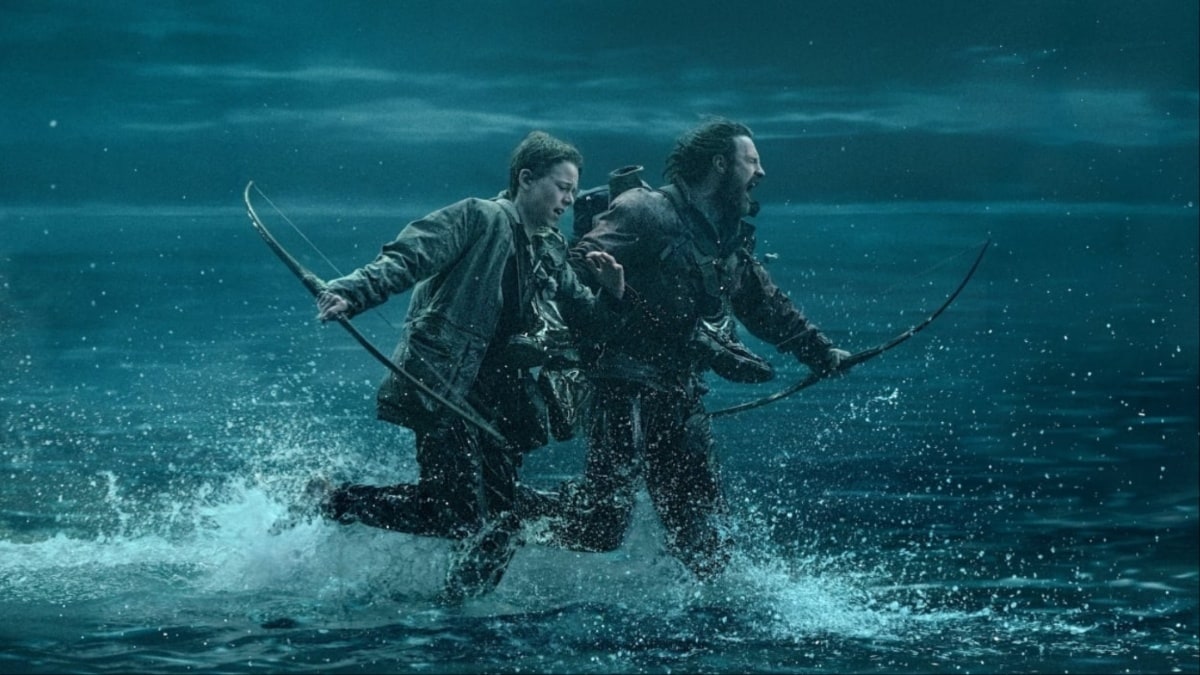

Danny Boyle's "28 Years Later" arrives in theaters, a film that expands upon the world he and Alex Garland created with "28 Days Later." Set nearly three decades after the initial outbreak of the rage virus, the film presents a vision of a quarantined United Kingdom, largely forgotten by the outside world, where survivors have established new communities and adapted to a simplified way of life.
"28 Years Later" centers around Spike, a young boy living in a relatively peaceful island community off the Scottish Highlands. As part of a rite of passage, he ventures to the mainland with his father, Jamie, to confront the infected. This journey exposes Spike to the harsh realities of their world and sets him on a path marked by challenges and self-discovery.
The film grapples with themes of mortality, morality, and what defines a hero in the face of adversity. It explores human connection, generational divides, and the concept of rage itself, particularly as it manifests from survivor trauma in a post-pandemic world. The film doesn't shy away from violence and gore, but it balances these elements with emotional depth, creating a surprisingly tender and moving experience. Jodie Comer's performance, in particular, highlights the bond between mother and son, adding an unexpected layer of sentimentality to the horror narrative. Ralph Fiennes also delivers an affecting performance, injecting empathy and pathos into the story.
While "28 Years Later" can be appreciated as a standalone film, it is also the first installment in a planned trilogy. The ending, while some find it jarring or disappointing, serves to set up the next chapter, "28 Years Later: The Bone Temple." This sequel-baiting approach is a point of contention for some viewers, who feel it detracts from the overall impact of the film. Nevertheless, "28 Years Later" marks a welcome return to the zombie subgenre for Boyle and Garland, with the film managing to separate itself from the first installment by offering something distinctly more sentimental and mythic than before
"28 Years Later" manages to balance scares and social commentary. It presents a world where the infected are not the only threat; survivors also grapple with their own trauma and moral compromises. The film also touches upon themes of nationalism, isolationism, and weaponized culture, making it a relevant commentary on today's political landscape.